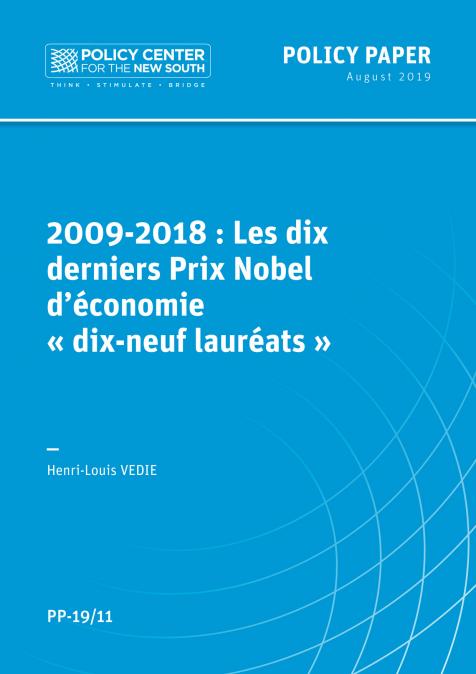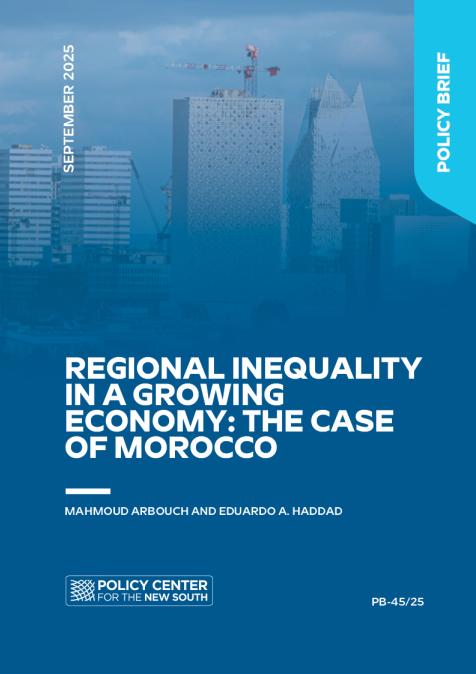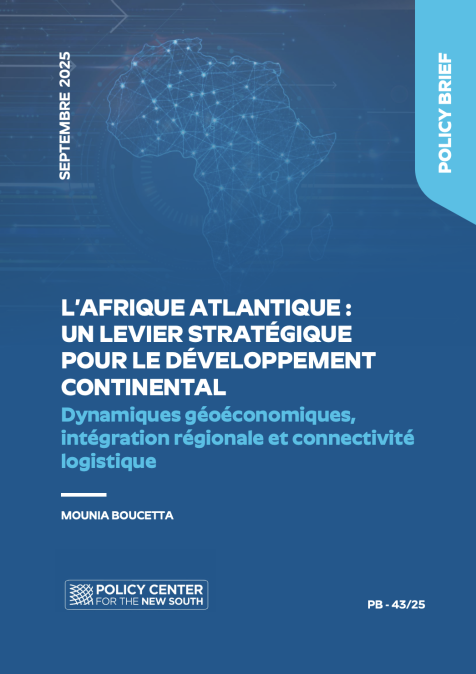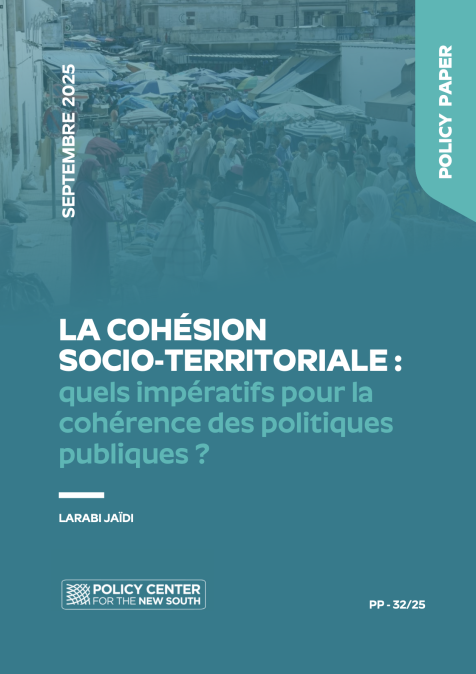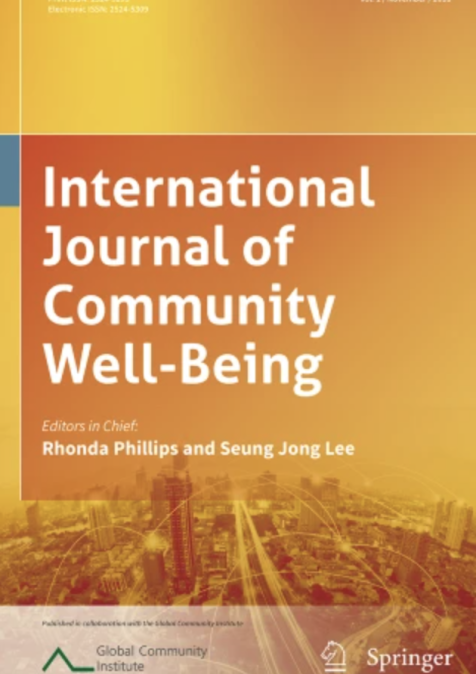Publications /
Policy Paper
Policy Paper
2009-2018 : Les dix derniers Prix Nobel d’économie « dix-neuf lauréats »
August 8, 2019
Contrairement aux autres Prix Nobel /physique, médecine, etc…/ le Prix Nobel d’Economie n’est pas attaché au testament d’Alfred Nobel, mais à un don de la Banque de Suède. C’est désormais, un Prix Nobel comme les autres, même si les premiers lauréats datent de 1969 / Ragnar Frisch et Jan Tinbergen/. Depuis, 49 autres prix ont été décernés. Au total, en 50 ans, ce sont 81 lauréat(e)s qui ont été ainsi distingués. On trouvera en annexe 1 la liste chronologique des lauréat(e)s et en annexe 2 la liste alphabétique. L’objet de cette étude concerne les 19 lauréat(e)s de ces dix dernières années et analyse succinctement les raisons de leur nomination.

